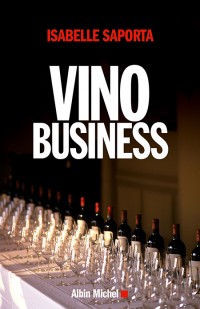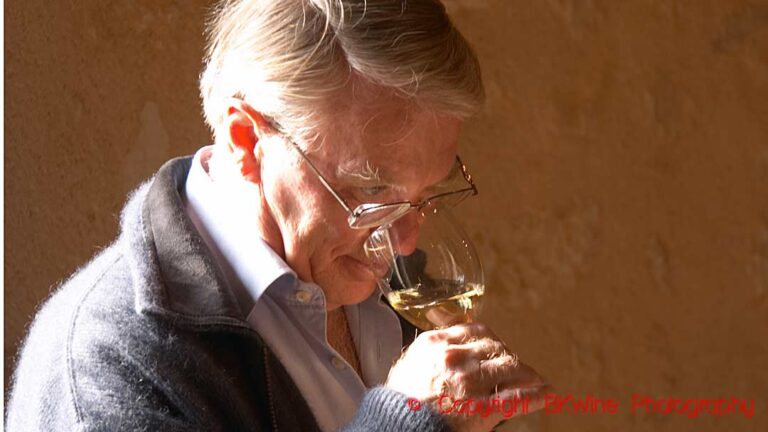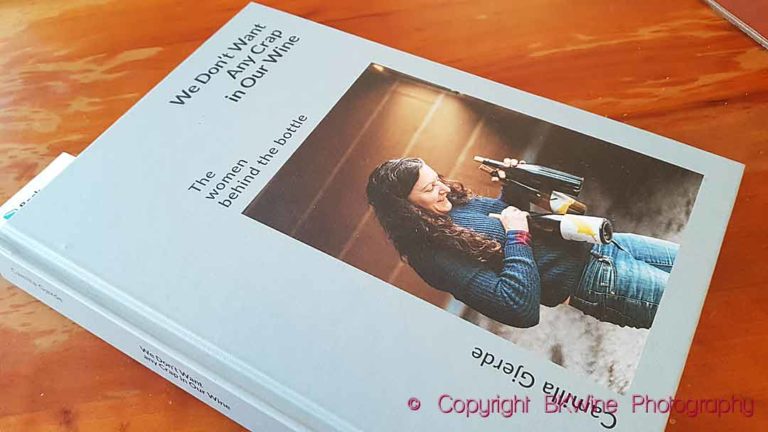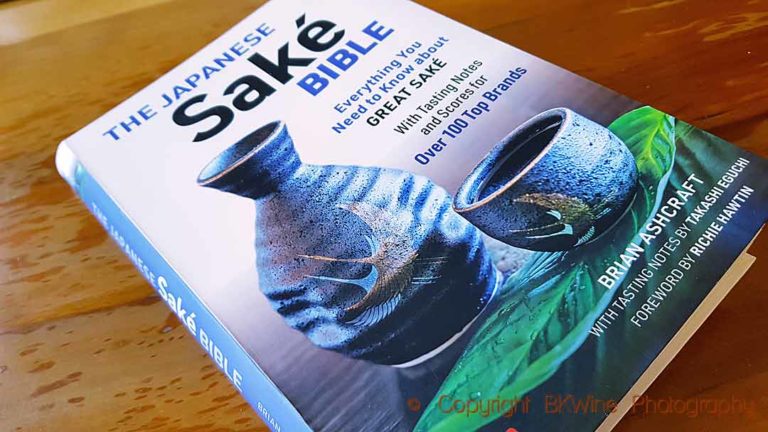There is a vicious power game going on behind the beautiful chateaux façades of Bordeaux. At least according to Isabelle Saporta, a French journalist who has written an intriguing book about this particular subject. Among the most famous and prestigious chateaux, vino business is deadly serious and, just as in love and war, all methods seems to be fair. If you thought the chateaux were all good neighbours, then you have deceived yourself.

She writes about other regions as well, but Bordeaux is the main topic. Saporta seems to be more at home here. She has previously written a book about the dangers of pesticides in agriculture. She also tackles the subject of pesticide spraying in this book. She talks about the, according to her, unwillingness of the famous Bordeaux chateaux to take responsibility for the environment.
Also the wine merchants, les négoces, are, according to her, totally indifferent to the efforts made by the organic Bordeaux chateaux and are only interested in buying wine as cheaply as possible.
The book’s central theme, however, is the scandal surrounding the update of the classification of Saint Emilion in 2006 and the mess that followed before the update could finally be confirmed in 2012. Most exposed to Saportas sharp pencil is Hubert de Boüard who, according to her, schemed shamelessly to get his Château d’Angelus promoted to Premier Grand Cru Classe A. Is it true that he made sure that the rules were made to suit Angelus? Yes, says Saporta.
Perhaps the vendetta against Hubert de Boüard is a bit too much. Perhaps it is justified. But there are not many persons in the book that are described in a positive light. The two original Premier Grand Cru Classe A châteaux, Cheval Blanc and Ausone, consider Boüard as an upstart and do not want anything to do with him. They want to sit in splendid isolation at the top. Forever. This snobbery is not much better than Boüard’s self-glorification. Even if only half of what is written in the book is true, it reinforces my belief that classifications are completely unnecessary, not to say directly bad for consumers.
The book is written in an easy to read journalistic style. However, I would have appreciated fewer exclamation marks! The book is in French. A good read!
Isabelle Saporta, Vino Business, Editions Albin Michel
Here is a commentary by the author of the book where she comments on the very sharp critique that she has received after publishing the book:










